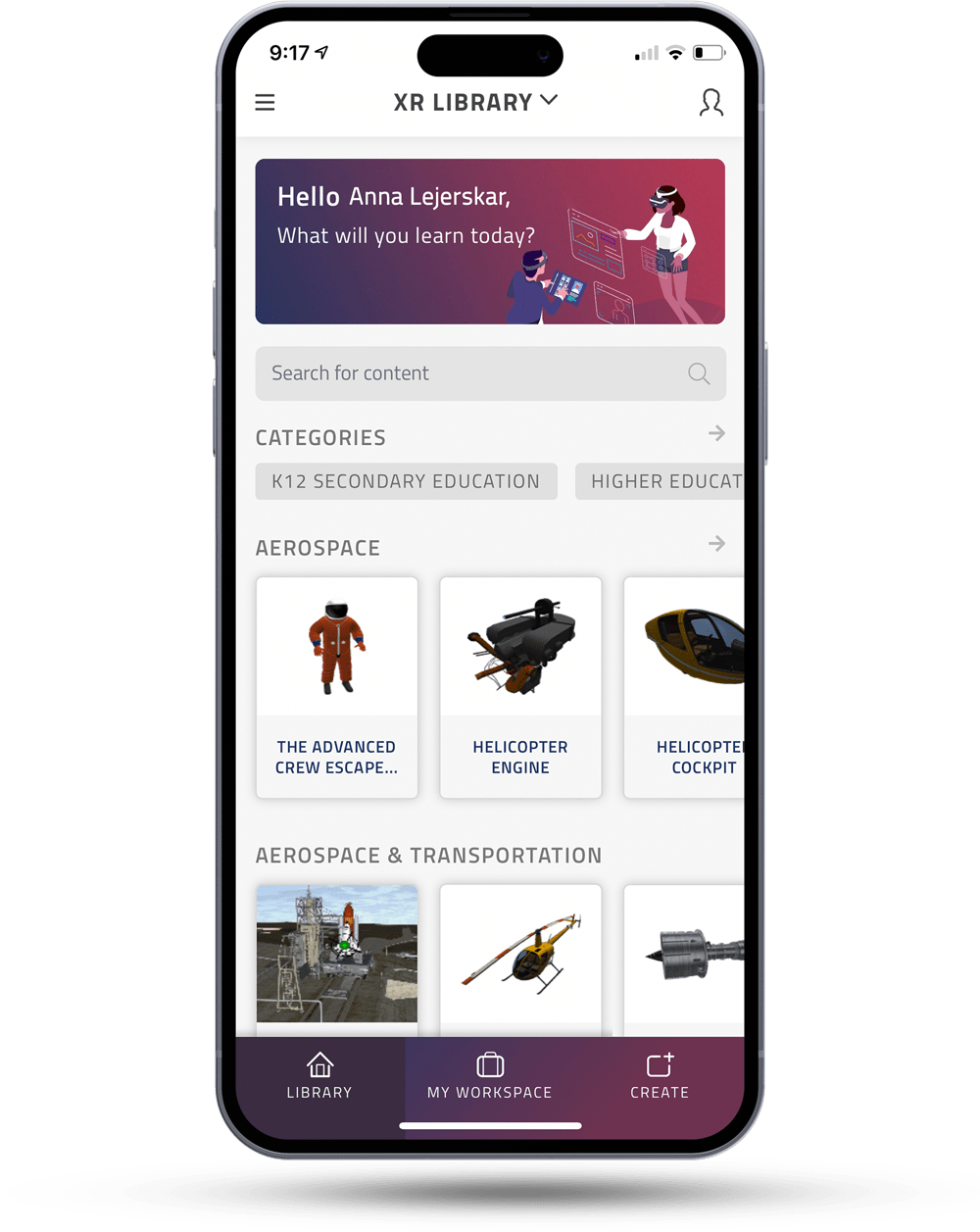Since the start of the COVID19 pandemic, the landscape of business and education has changed dramatically, rendering major disruptions to both the classroom and the workplace. In real terms, statistics from UNESCO have counted close to 1.6 billion students affected by the unparalleled speed and scale of disruptions
The Immediate Pivot to Remote Learning – And Where It Is Falling Short
The initial response by educational institutions to address the sudden shift to online learning has been characterized by the transference of lectures and tutorials to teleconferencing tools such as Microsoft Teams or Zoom. However, universities are beginning to reconsider the long-term viability of such arrangements for various reasons. Studies have shown that students stop paying attention to recorded lectures, and similar videos after just 6 minutes when viewed on a screen, rendering it an ineffective tool in the long term. The strict training requirements mandating hands-on practical training in areas such as nursing, mechanical engineering and vocational subjects also require a rethink of viable alternatives. In addition, the inefficacy of solely video based learning has led to students’ refusal to pay for what they consider to be a diminished educational experience.
Yet until a vaccine or effective treatment is found, this change to the classroom is set to be profound and long-term. Experts from Harvard University’s T.H. Chan School of Public Health have warned that social distancing may continue intermittently well into 2022, to prevent the over burdening of the healthcare system.
In our conversations with leading academics, these developments are estimated to affect up to two-thirds of the student cohort, who are likely to have a substantial portion of their classes conducted remotely for the foreseeable future. As a direct consequence, schools and workplaces will require long term and sustainable remote digital mechanisms to continue delivering education and training effectively. Education, even in a post pandemic time, will be changed irrevocably, as school boards, students and parents demand a resilient, robust and crisis proof digital learning plan in the face of the next disruption.
Therefore, one of the pertinent questions faced by educational institutions given the continuing restrictions – How to deliver online and at scale, while providing value for the students?
Our Response – EON Reality Global Emergency Initiative
On March 24, EON Reality began offering any school, government or workplace impacted by COVID19 access to the Augmented and Virtual Reality Platform (EON-XR Platform) at a reduced rate and removed the paywall to the basic version. This was met with tremendous interest from several institutions, including University for Business and Technology in Kosovo, Al Akhawayn University in Morocco and University of the Western Cape in South Africa who have since embarked on the EON Reality Self Directed Learning Initiative based solely on EON-XR. We are set to announce a number of similar partnerships with other institutions in the coming weeks.
As schools increasingly turn online to address their education needs, it has signalled a directional shift towards blended learning and hybrid classrooms and a focus on providing value through online offerings. Over the past few weeks, EON-XR has become a crucial tool in providing the experiential, hands-on learning experience demanded by the students themselves. The successful adoption of EON-XR can be attributed to its features, which offers a more dynamic and interactive mode of remote learning and teaching. This includes the provision of :
- Hands on learning experience with ability to conduct Immersive through augmented and virtual reality
- Large groups can gather and interact virtually without any risk of physical exposure
- EON-XR labs, Virtual Classrooms or Product Training
- Self Directed Learning: Co-created student learning content for deeper learning and engagement based on our guidelines
- Peer review and feedback through sharing of lessons
- Embedding of asynchronous videos allowing access to self-paced learning and high quality materials at any time
- Authentic Assessment features and Quizzes
In addition, EON Reality has devised a series of strategies and implementation plans guided by our Chief Learning Officer, Dr. Peter Looker and Director for US Education and Global Innovation, Mr. Jamie Justice, a 30 year veteran in Vocational and Technical Education to seamlessly integrate EON-XR as part of the institution’s curriculum plan.
How Can EON Reality Help Academic Institutions Adapt to the New Normal
At this point, signs continue to indicate that COVID-19 will remain a threat well into fall semester. It is clear as remote learning becomes the “new normal”, it is no longer merely enough to resurrect old models through a digital medium.
Today, EON Reality is pledging our support with a comprehensive set of tools and strategies based on EON-XR that can be equally accessible to everyone – with our vision of «Knowledge as a human right» central to our mission.



















